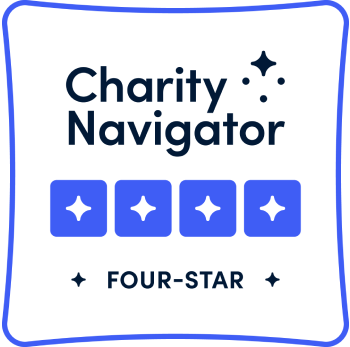The Biden Administration’s Student Loan Debt Relief Plan (click here for printable PDF)
On August 24, 2022, President Biden announced a three-part Student Loan Debt Relief Plan to reduce the federal student loan debt burden for many low- and middle-class-income borrowers.
Part one of the Student Loan Debt Relief Plan includes extending the student loan repayment pause until December 31, 2022. It was announced that this will be the final extension on the repayment pause and payments will resume January 2023. These suspended payments count towards Income Driven Repayment Plans, Public Service Loan Forgiveness, and loan rehabilitation. This extension is automatic and does not require any action on the borrower’s end.
Part two of the plan forgives – or “cancels” – up to $20,000 of federal student loan debt for borrowers who obtained a federal student loan prior to June 30, 2022. Unfortunately, this does not apply to borrowers who obtained a private loan or Federal Family Education Loan.
Who is eligible?
Individual borrowers earning less than $125,000 are eligible to get $10,000 of their federal student loans forgiven. Married couples who file taxes jointly or heads of households earning less than $250,000 are eligible to get $10,000 per borrower of their federal student loans forgiven. In addition to their federal student loan forgiveness, recipients of a Pell Grant are also eligible to have up to $20,000 forgiven.
I’m eligible, what do I need to do?
Make sure your contact information is up to date with your loan servicer and on StudentAid.gov. If your income data is already available to the U.S. Department of Education i.e., through an income-driven repayment plan, you will automatically receive your loan forgiveness. If you’re not sure whether your income data has been made available, an application is schedule to be released before December 31, 2022, to confirm your eligibility. You can sign-up for updates on the U.S. Department of Education website here.
Borrowers employed by U.S. federal, state, local or tribal government or work for a non-profit organization for a total of 10 years or more, may also be eligible to have all their federal student loans forgiven through the Public Service Loan Forgiveness (PSLF) program. A limited PSLF Waiver allows borrowers to receive credit for payments that previously did not qualify. The deadline to receive this waiver is October 31,2022, click here for more information.
Be careful of Scams!
Scammers are impersonating the Internal Revenue Service and the Department of Education often demanding payment and personal information. Be careful of unsolicited calls and do not give out personal identifying information over the phone, such as date of birth or social security number. To file a complaint involving a potential scam, visit the NY Department of Financial Services website or contact the Consumer Hotline at (800) 342-3736.
Part 3 of the Student Loan Debt Relief Plan is to propose a rule to create a new income-driven repayment plan to reduce future monthly payments. The proposed ruling will require borrowers to pay no more than 5% of their income on monthly undergraduate student loans, raise the amount of income that is considered non-discretionary income to protect borrowers earning under 22% of the federal poverty level, forgive loan balances after 10 years of payments, and cover the borrower’s unpaid monthly interest. Learn more about plan and the proposed ruling here.
I have private student loans, what can I do?
Unfortunately, private loans do not qualify under the Student Loan Debt Relief Plan. However, your loan provider may offer relief programs i.e., temporarily pausing payments or refinancing to lower your interest rates which can decrease your monthly payments. Contact your loan provider to discuss available options.
For more information and answers to frequently asked questions, visit ForgiveMyStudentDebt.org.
Do you or someone you know need legal help with your debt?
Access Justice Brooklyn assists in re-ordering finances through Chapter 7 bankruptcy petitions, and we represent people facing insurmountable debt due to job loss, a family crisis, or serious medical problems. Learn more about our Consumer Debt & Bankruptcy program here.
For assistance, please call our intake line at (718) 624-3894 or visit www.accessjusticebrooklyn.org to begin an online intake.
Access Justice Brooklyn
203 Jay Street, Suite 300
Brooklyn, NY 11201


